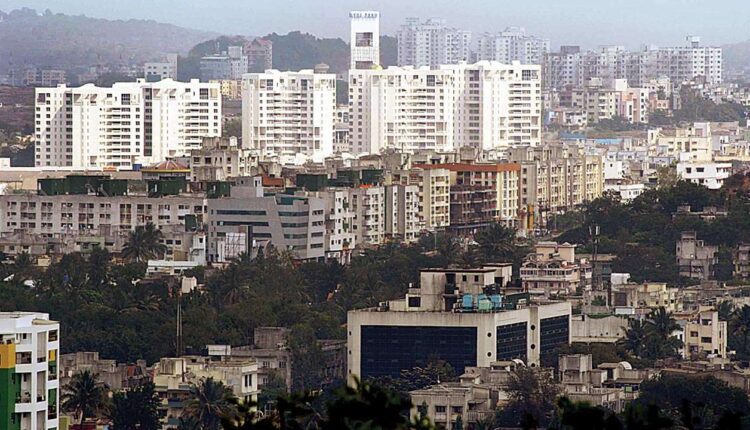From settling a long-standing tax dispute to allowing village cooperatives to diversify, the Union budget has made all the right noises that Maharashtra’s cooperative sugar sector has wanted to hear.
The biggest relief is perhaps the settling of income tax litigation going on since 2016-17. It dates back to the season when the cooperative sugar mills passed on their income to farmers, helping them get more than the government-declared fair and remunerative price (FRP) in the process.
Litigation is underway at various tribunals over the Rs 10,000-crore tax demands raised by the income tax department, which had refused to treat as expenditure the extra payment the mills had made to the farmers.
Cooperative mills have argued that this cannot be deemed as income as the farmers are shareholders and therefore owners of the mills.
During her budget speech, Finance Minister Nirmala Sitharaman settled the question once and for all by deeming this payment as expenditure. “Secondly, I propose to provide an opportunity to sugar cooperatives to claim payments made to sugarcane farmers for the period prior to assessment year 2016-17 as expenditure. This is expected to provide them with a relief of almost Rs 10,000 crore,” she said.
Sanjay Khatal, managing director of the Maharashtra State Cooperative Sugar Factories Federation, said the decision would help cooperative mills facing the tax demands and litigation.
Similarly, Prakash Naiknavare, managing director of the National Cooperative Sugar Factories Federation, said that millions of small and marginal cane growers and 250 cooperative mills would receive relief from the outstanding tax burden.
While the matter has been settled for the season prior to 2016-17, mills that pay more than the designated FRP will have to pay income tax.
The budget has also announced a 15 per cent tax slab for new cooperatives that start manufacturing till March 31, 2024, on par with that for manufacturing units.
Also, a budgetary outlay of Rs 2,516 crore has been made for computerisation of primary agricultural cooperative societies (PACS). These village-level cooperatives, which distribute credit to farmers, would also be changed into multipurpose societies and allowed to enter the warehousing business and create decentralised storage facilities.
The PACS deal with the district central cooperative banks. Compared with the scheduled commercial banks, PACS are supposed to be better in the disbursal of agri credit. By computerising them and allowing them to finance storehouses, the central government plans to revitalise the sector as well as answer the question of storage.
Vilas Shinde, chairman and managing director of Nashik-based Sahyadri Farms, said the move would help create village-level infrastructure. “These are welcome moves,” he said.


